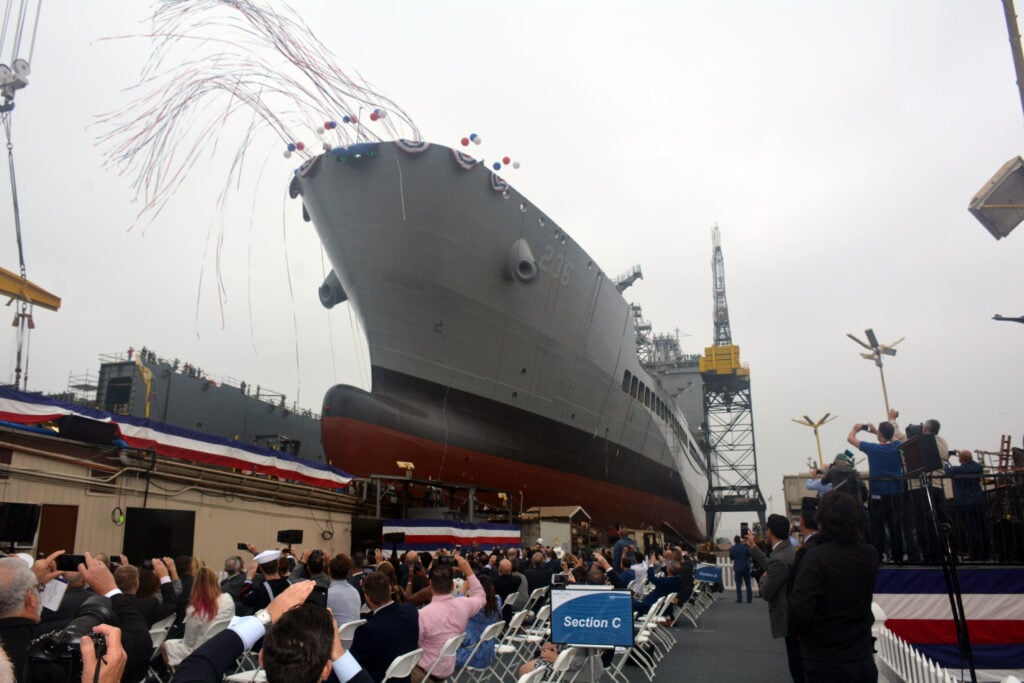US Secretary of Defense Pete Hegseth is currently under scrutiny for directives that recommend renaming several US Navy ships that honor prominent civil rights leaders. Confidential documents obtained by CBS News outline a strategy aimed at Navy Secretary John Phelan for executing the renaming, specifically spotlighting the USNS Harvey Milk. This vessel is named after the late Harvey Milk, a civil rights icon, Navy veteran, and gay rights advocate who was assassinated in 1978.
The leaked documents also present a list of other ships slated for renaming, which includes names like USNS Cesar Chavez, USNS Medgar Evers, USNS Ruth Bader Ginsburg, USNS Dolores Huerta, USNS Thurgood Marshall, USNS Lucy Stone, and USNS Harriet Tubman. Such recommendations have sparked outrage among lawmakers and advocates for civil rights.
Speaker Emerita Nancy Pelosi expressed her disapproval, condemning the proposal as a “shameful and vindictive erasure” of individuals who have contributed significantly to the fight for equality and the pursuit of the American Dream. Congressman Greg Stanton echoed similar sentiments, stating that honoring Harvey Milk, who served with distinction in the Navy, while simultaneously stripping his name from a ship—especially during Pride Month—carries serious implications and is an affront to his legacy and the LGBTQ+ community.
Furthermore, the documents indicate that this initiative aligns with efforts by the Trump administration to reorient the military towards a more traditional “warrior culture.” This perspective has raised concerns among various groups about the potential diminishing of diversity and inclusion efforts within the armed forces.
An additional note of intrigue arises from the apparent deletion of the Naval Sea Systems Command’s web page that documented the keel-laying ceremony for the USNS Thurgood Marshall, signaling a broader reconsideration of how the military wishes to publicly acknowledge its diverse heritage.
Harvey Milk’s legacy began in the military when he served as a diving officer aboard a submarine rescue ship during the Korean War. Later, he garnered fame as a member of the San Francisco Board of Supervisors, where he championed legislation aimed at prohibiting discrimination based on sexual orientation. Tragically, his life was cut short just ten months into his term when he was assassinated by a former colleague who had opposed his pioneering bills. The construction of the replenishment oiler named after him commenced in 2016, eventually leading to its launch in 2021 and delivery to the US Navy just this year. As the debate over the renaming unfolds, it raises critical questions about the values and direction of the US military moving forward.







